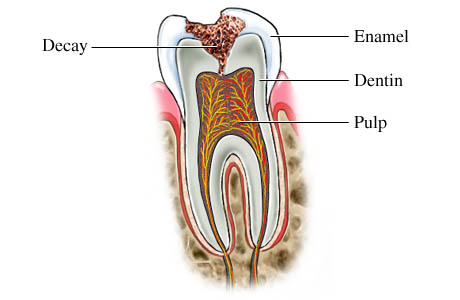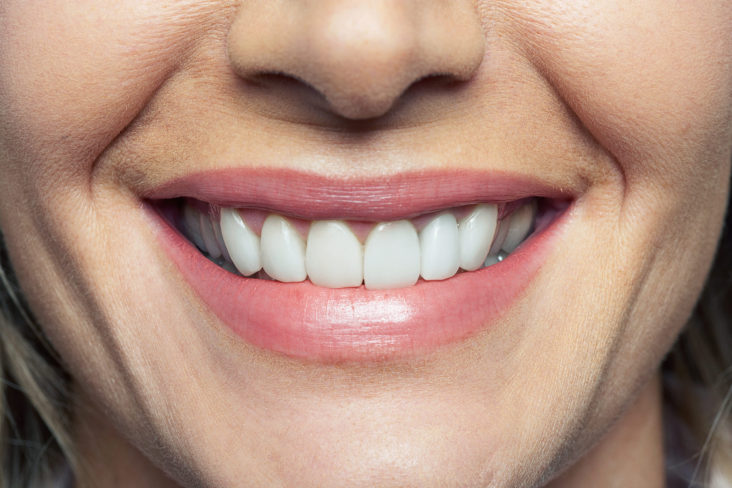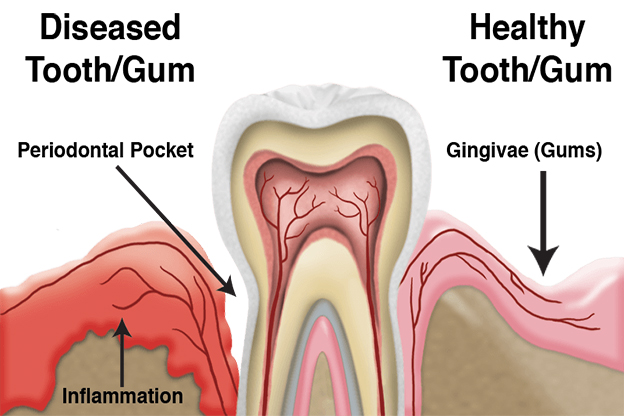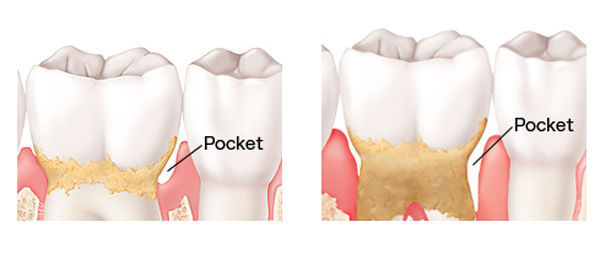The month of November is National Diabetes Month. Did you know that over 29 million Americans have been diagnosed with diabetes? It’s true. And it’s predicted that the total number of people who have diabetes, but have yet to be diagnosed, is somewhere between eight and nine million people. That’s a lot of people. But why are we talking about diabetes, here, on Dr. Manhart’s blog? Because, while diabetes can be such a detrimental disease to the body, it can also put a person at a higher risk for dental disease.
High Blood Sugar and Other Complications
Gum disease is an inherent problem for someone with diabetes. High blood sugars can contribute to gingivitis or the more severe, and considerably more detrimental, Periodontal Disease. Early signs of gum disease are bleeding gums and bad breath. Early stage gum disease can be reversed with a regular routine of brushing and flossing, and a change in diet. But it’s best, especially when a person suffers from diabetes, to visit Dr. Manhart when gum disease is apparent. If gum disease isn’t immediately dealt with, and the complications of diabetes cause the symptoms to be more severe, to progress at a faster pace, a person’s teeth could fall out, and damage could be done to the bone surrounding the teeth.
Dry mouth is a common symptom for a diabetic. That’s why it’s important to keep hydrated—and that tip applies to everyone—because saliva helps to wash away the food debris. If bacteria are allowed to thrive in the mouth, then so, too, could gum disease flare up.
Because Diabetes has such a detrimental effect on your body’s immune system, infections within the mouth can occur. One such condition, called thrush, is common for diabetics. Thrush is a yeast infection caused when yeast thrives on the higher amounts of sugar in a person’s saliva. It manifests in the mouth as a white coating on the tongue and cheeks.
Diabetes has become a chronic problem—the sheer number, in millions, of people both diagnosed and undiagnosed is staggering. If you suffer complications from the disease then make an appointment to see Dr. Manhart. Remember, it’s easier to manage oral health than to treat a chronic problem.









